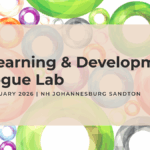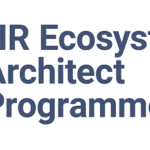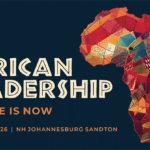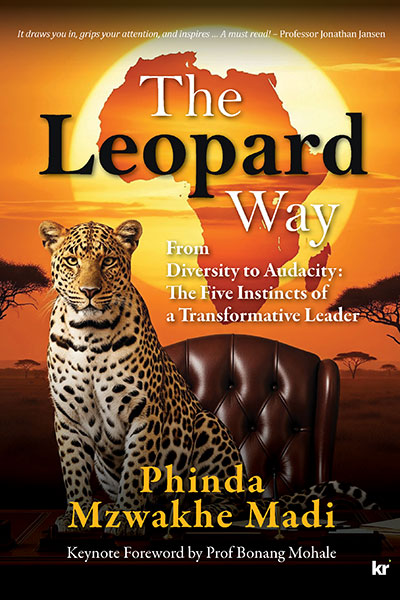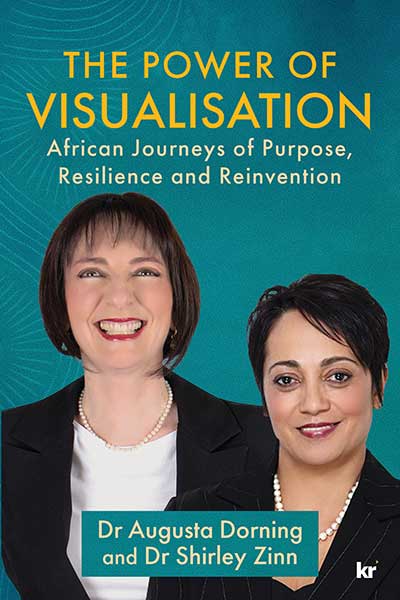Description
This book is intended for people who want to transform organisations and would like techniques and knowledge to support them in this change process. People and organisations need to challenge their thinking and look at doing things differently. We believe that people need to be able to access diverse and new approaches to ways they could work in organisations at this moment in time. The approaches explored are Complexity Theory, Positive Psychology, Social Cognitive Neuroscience, Gestalt approach, Narrative Coaching, Social Learning and Integral Theory.
The book is edited by Natalie Cunningham and contributors include: Lynda Gouveia; Lisa Kimball; Alison Reid; Tanya Stevens; Eileen Thayser; Louise van Rhyn; Chantelle Wyley.
The aim of this book is to be a bridge between a practical how to book and academic rigour, so that the reader can walk away with some techniques and applications equally grounded in academic research. Each chapter provides the following information Why the approach is useful?; The history of the approach as well as the philosophical underpinnings – providing the Raison d’etre – the reason why this process or theory exists; Characteristics of the theory are explained and techniques shared. Case studies or practical examples are used to illustrate the theoretical concepts.
This is a thoughtfully edited and beautifully written work that makes an important contribution to the Organisation Development profession. I am thrilled that it has come out of South Africa, from some of the people I respect the most – Craig Yeatman, Chairman, South African Organisation Development Network.
Each chapter to some extent provides the following information (with the exception of the first chapter which provides context):
- Why the approach is useful?;
- The history of the approach as well as the philosophical underpinnings – providing the Raison d’etre – the reason why this process or theory exists;
- Characteristics of the theory are explained and techniques shared.
- Case studies or practical examples are used to illustrate the theoretical concepts.
- Chapter One is on Positive Psychology and is written by Lynda Gouveia. It is
- Chapter Two is written by Eileen Thayser and leads us through Narrative Approaches focusing on Narrative Coaching.
- Chapter Three is written by Chantelle Wyley in collaboration with her associates is on The Gestalt approach to Organisational Development and Change. The approach focusses on heightening awareness in clients (individuals, teams, whole organisations), and supporting the client’s choice to hence work differently.
- Chapter four is written by Natalie Cunningham on Neuroscience and the link to leadership; it is about understanding how the brain works so that we can facilitate change in behaviour individually and collectively (in groups and organisations) fully aware of the enablers and equally of the constraints of brain functioning.
- Chapter Five is written by Alison Reid on Learning in Social System and focusses on re-thinking the fulcrum of learning/coaching.
- Chapter six is written by Tanya Stevens on Integral Theory. She describes Integral theory as an overarching theory which integrates all and is quite useful to read at the end as you will be able to see how the approaches all fit into the Integral model and framework.

